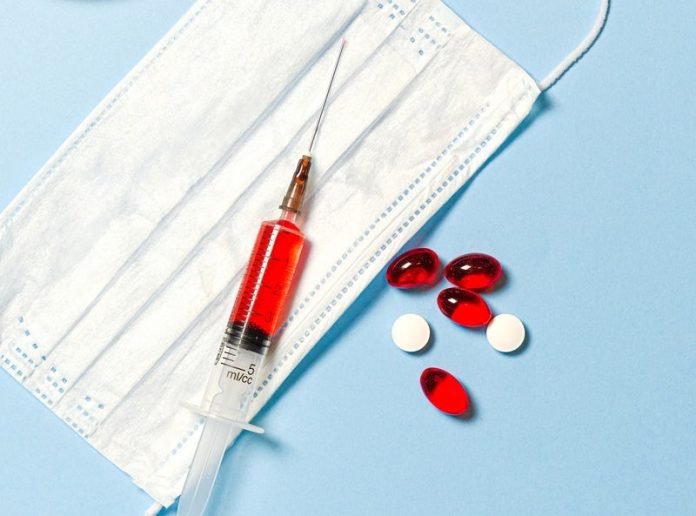
With more than 5 million confirmed cases globally and more than 320,000 deaths from COVID-19, much remains unknown about SARS-CoV-2, the virus that causes the disease.
Two critical questions are whether vaccines will prevent infection with COVID-19 and whether individuals who have recovered from COVID-19 are protected against re-exposure.
Two new studies shed new light on these questions.
The research was led by researchers at Beth Israel Deaconess Medical Center (BIDMC)
The global COVID-19 pandemic has made the development of a vaccine a top biomedical priority, but very little is currently known about protective immunity to the SARS-CoV-2 virus.
In these two studies, the team demonstrated in monkeys that prototype vaccines protected against SARS-CoV-2 infection and that SARS-CoV-2 infection protected against re-exposure.
In the first study, the team demonstrated that six candidate DNA vaccines induced neutralizing antibody responses and protected against SARS-CoV-2 in monkeys.
Barouch and colleagues—who began working toward a COVID-19 vaccine in mid-January when Chinese scientists release the viral genome—developed a series of candidate DNA vaccines expressing variants of the Spike protein, a key antibody target of the novel coronavirus.
The vaccines are designed to train the body’s immune system to recognize and respond quickly to the virus upon exposure.
To assess the efficacy of the vaccines, the researchers immunized 25 adult monkeys with the investigational vaccines, and 10 animals received a sham control.
Vaccinated animals developed neutralizing antibodies against the virus. Three weeks after a boost vaccination, all 35 animals were exposed to the virus.
Follow-up testing revealed dramatically lower viral loads in vaccinated animals compared to the control group.
Eight of the 25 vaccinated animals demonstrated no detectable virus at any point following exposure to the virus, and the other animals showed low levels of virus.
Moreover, higher antibody levels were linked to lower viral loads, suggesting that neutralizing antibodies may serve as a correlate of protection and may prove useful as a benchmark in clinical testing SARS-CoV-2 vaccines.
In the second study, the team showed that macaques that recovered from COVID-19 developed natural protective immunity against re-infection.
After exposing nine adult monkeys to the SARS-CoV-2 virus, the researchers monitored viral levels as the animals recovered. All nine animals recovered and developed antibodies against the virus.
More than a month after the initial infection, the team re-exposed the rhesus macaques to the virus.
Upon second exposure, the animals demonstrated near-complete protection against the virus. These data suggest natural protective immunity against COVID-19 in this model.
One author of the study is Dan H. Barouch, MD, Ph.D., Director of the Center for Virology and Vaccine Research at BIDMC.
The study findings are published in Science.
Copyright © 2020 Knowridge Science Report. All rights reserved.



